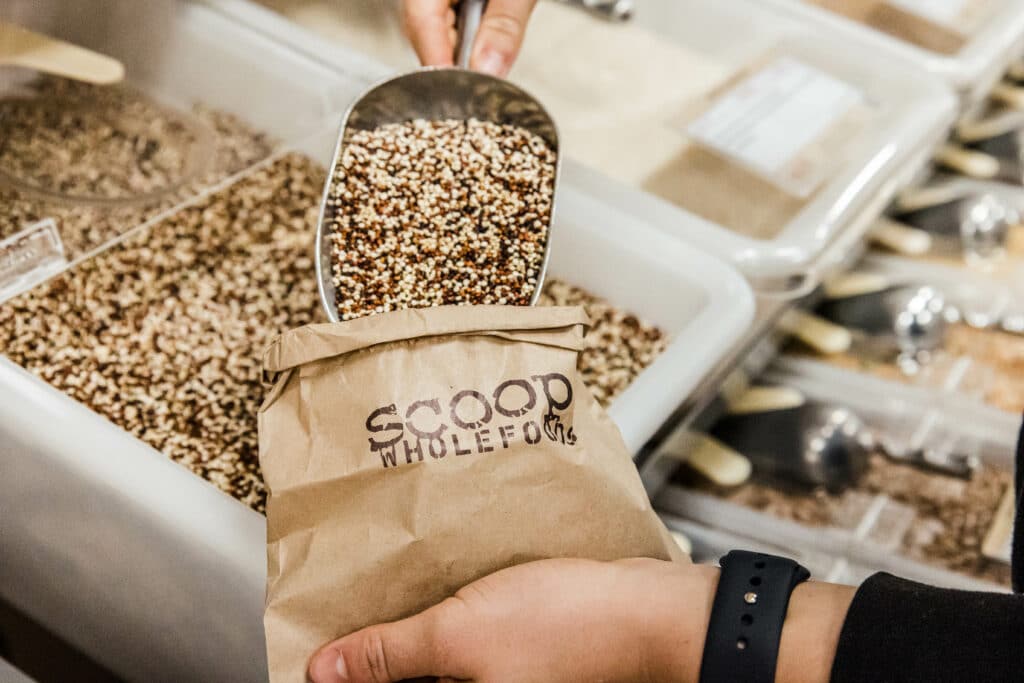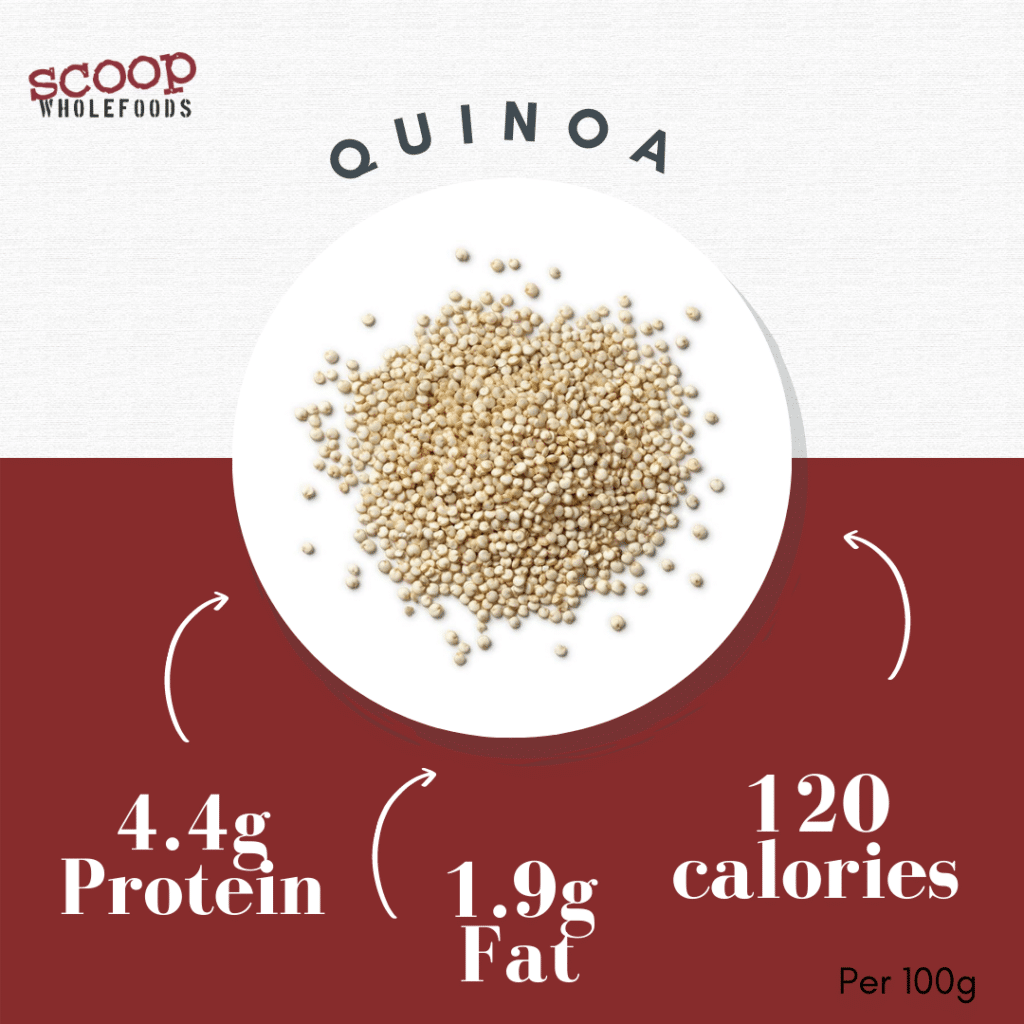
Now more than ever we need to make adjustments to the way we live and what we consume if we want to reduce our impact on our planet. The good news is that planet-friendly eating will also improve your health & well-being.
34% of greenhouse gases produced are linked to what we eat. It is one of the biggest ways that we as individuals can make a difference.
Planet-friendly eating goes beyond being vegan or vegetarian. It means considering the amount of processing involved; how far it’s transported; and how much of it you buy or waste.
By following a few simple guidelines you can reduce your personal carbon-footprint and improve your health at the same time. Whether you need to shed a few pounds or just want to feel healthier. Eliminating certain foods will certainly make you feel better and be kinder on our planet.
Main elements that contribute to a food’s Carbon-Footprint
- The amount of processing
- The distance travelled
- The type of packaging it is in
- The amount wasted
It comes as no surprise that the more energy you need to use to process a food, the higher its carbon footprint is going to be. Unfortunately this means that many of the ‘vegan & vegetarian’ alternatives you find in supermarkets aren’t actually as climate-friendly as you may think. Eating a more natural diet consisting of beans, legumes and vegetables is far better. While it is still an improvement on a high meat diet, it is not a silver bullet.
Eating to Save the Planet
If you want to make changes to your diet and eat to save the planet, simply follow these few guidelines:
- Always try and buy local food.
- Eat seasonal foods.
- Switch to unprocessed food.
- Follow a plant-based diet
- Buy unpackaged food
While it may seem difficult or overwhelming, I can genuinely say that it is actually a lot easier than you may think. We switched to a planet-friendly diet 5 years ago and it quickly becomes the norm. Here are my own personal tips on how to achieve this:
Stop shopping at supermarkets
I know they are convenient but they are the root of the problem. If you shop at independents, very often you can tick most of the guidelines above. Farm shops are a great place to buy fruit & veg. They generally have local and seasonal produce which isn’t wrapped in plastic and hasn’t travelled across the globe. If you don’t have a farm shop nearby or it isn’t convenient for you to visit one regularly, try out Riverford, Oddbox, or one of the many home delivery fruit & veg boxes. The two companies that I have mentioned focus on Organic or surplus food and both provide a great variety of seasonal fruit & veg.
Shop at Scoop (or any other zero-waste shop)
Ok, of course I am biased. I spend my life working on offering the best possible range of products in our shop. However, I genuinely, hand on heart, feel that we offer the best and largest range of zero-waste products in the country.
We are constantly working on improving our product offering and work hard to find products as locally as possible (whilst trying to keep prices down). For example, you may have noticed that we swapped our Quinoa which was from Peru, to one grown just outside of Bath. Same goes for our hemp seeds.
The majority of the products that we stock are also completely natural & unprocessed (with the exception of a few snacks). We are the ideal shop if you want to follow an unprocessed, plant-based diet. We have all the wholefood, base ingredients that you would need to make up any recipe.
Besides all the above, the majority of our foods are unpackaged, which drastically reduces a food’s carbon footprint. The production of food packaging is a very energy intensive process (as is recycling by the way). Think about the millions of tonnes of packaging that is made to package food items for just a few days, which is then thrown away and will not degrade for about 500 years. It is such an overwhelming thought.
Steer clear of the highly-processed meat-alternatives!
I know it can be really tempting to buy ready-made veggie burgers, sausages, cheases etc. However, in reality they aren’t good for the plant or for your health. I get that not everyone enjoys cooking so they may be the only option for some trying to eliminate or reduce their meat consumption. However, making your own versions using simple, natural ingredients is SOOOO much more beneficial. Whenever I make something similar to the above, I make a big batch and freeze a few portions for days when I am too busy or don’t feel like cooking.
Limit food waste and make the food in your fridge go further.
It goes without saying that the more you use up and the less you throw away the better it is for both the planet and your pocket. The most common tip is keeping any food scraps to make stock out of instead of buying stock cubes or powders. There are also so many ways that you can transform leftovers into different meals.
Giving your whole diet an eco-overhaul in one go can be overwhelming, so you can try out focusing on one item a week and making small swaps as you go along.
If everyone just makes a few little changes, as a collective we really can make a difference. I love the saying, “We don’t need a handful of people doing zero-waste perfectly, we need millions doing it imperfectly.” And the same applies to eating in a more ethical way.


